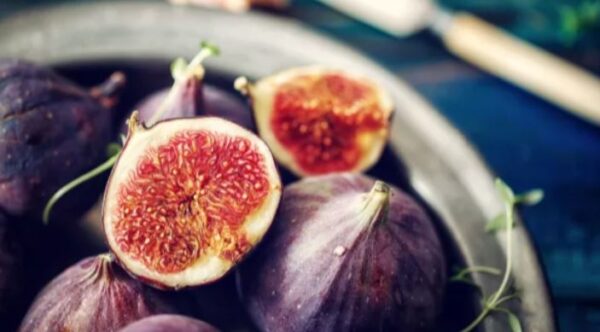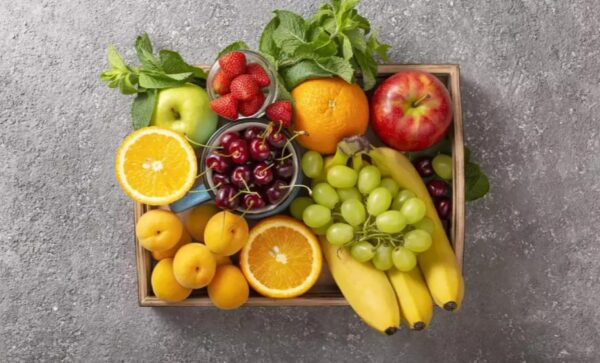Lifestyle
5 fruits that aren’t as healthy as we think

1. Oranges
Oranges are often known for their high vitamin C content, which is great for boosting your immune system.However, these citrus delights can be a double-edged sword. Oranges are highly acidic, which can lead to acid reflux, a condition where stomach acid flows back into the oesophagus, causing heartburn and discomfort. According to a study published in the Journal of Gastroenterology and Hepatology, citrus fruits like oranges are significant triggers for acid reflux.
For individuals prone to acid reflux or GERD (Gastroesophageal Reflux Disease), consuming oranges can increase symptoms. The acidity can irritate the oesophagal lining and worsen inflammation. While an occasional orange is fine for most, those with sensitive stomachs should consume them in moderation or opt for less acidic fruits like bananas or melons.
2. Lychee: A sweet but risky treat
Lychees are exotic fruits known for their sweet, floral flavour and juicy texture. While they are delicious and packed with vitamins and antioxidants, they come with a hidden danger. Lychees contain a natural toxin called hypoglycin A, which can cause a significant drop in blood sugar levels, especially if consumed on an empty stomach.
3. Dates: Nature’s candy, but beware of the sugar
Dates are often praised as a natural sweetener and a quick energy boost, thanks to their high sugar content. While they do provide essential minerals like potassium and magnesium, their sugar levels are alarmingly high. A single date can contain up to 16 grams of sugar, making them one of the highest-sugar fruits available.
According to the American Diabetes Association, consuming foods high in natural sugars, like dates, can lead to spikes in blood sugar levels, which is particularly concerning for individuals with diabetes or those at risk of developing the condition. It’s essential to consume dates thoughtfully, especially if you’re watching your sugar intake.
4. Dried coconut: The caloric bomb
Coconut, in its dried form, is a popular ingredient in many desserts and snacks. While fresh coconut has health benefits, dried coconut can be a calorie bomb. A small serving of dried coconut can pack a significant amount of calories and saturated fats, which can contribute to weight gain and cardiovascular issues if consumed in large quantities.
A study in the American Journal of Clinical Nutrition found that a high intake of saturated fats, such as those found in dried coconut, is linked to an increased risk of heart disease. It’s important to enjoy dried coconut in moderation and be mindful of portion sizes to avoid excessive calorie and fat intake. Consider fresh coconut or other low-fat alternatives for a healthier option.
5. Fruits with added sugar
While fruits are naturally sweet, some processed fruit products have added sugars that can turn a healthy snack into a sugary hazard. Products like canned fruits in syrup, fruit juices, and dried fruits with added sugar can significantly increase your sugar intake. The World Health Organization (WHO) recommends limiting added sugar to less than 10% of your daily caloric intake to reduce the risk of obesity and diabetes.










